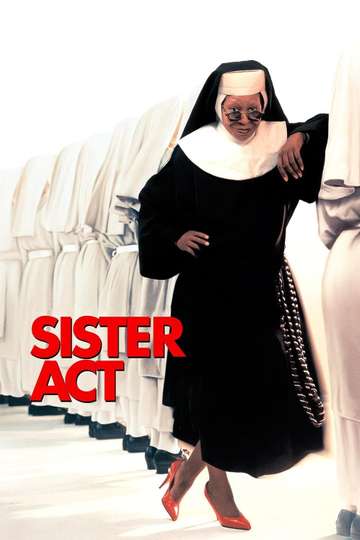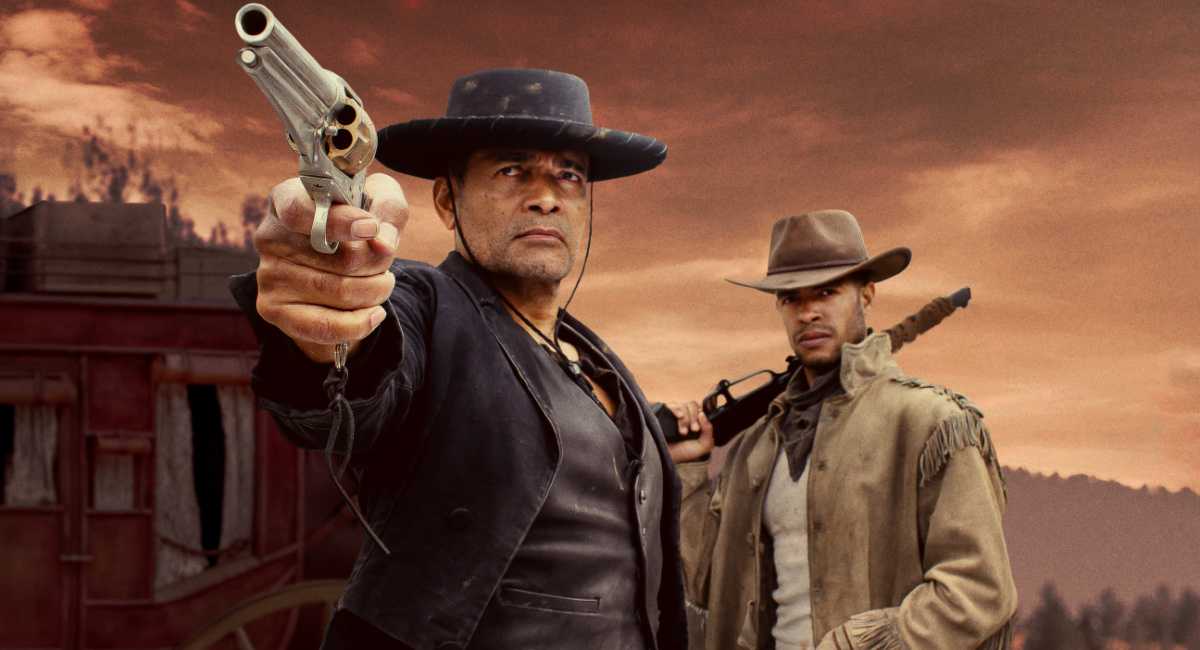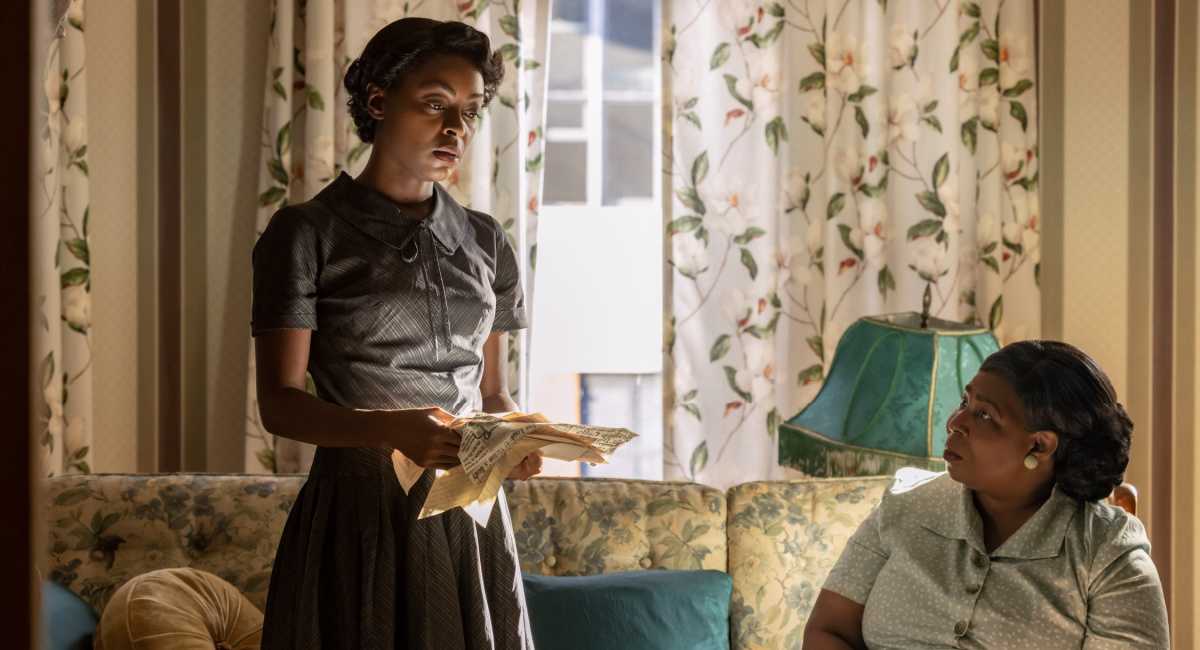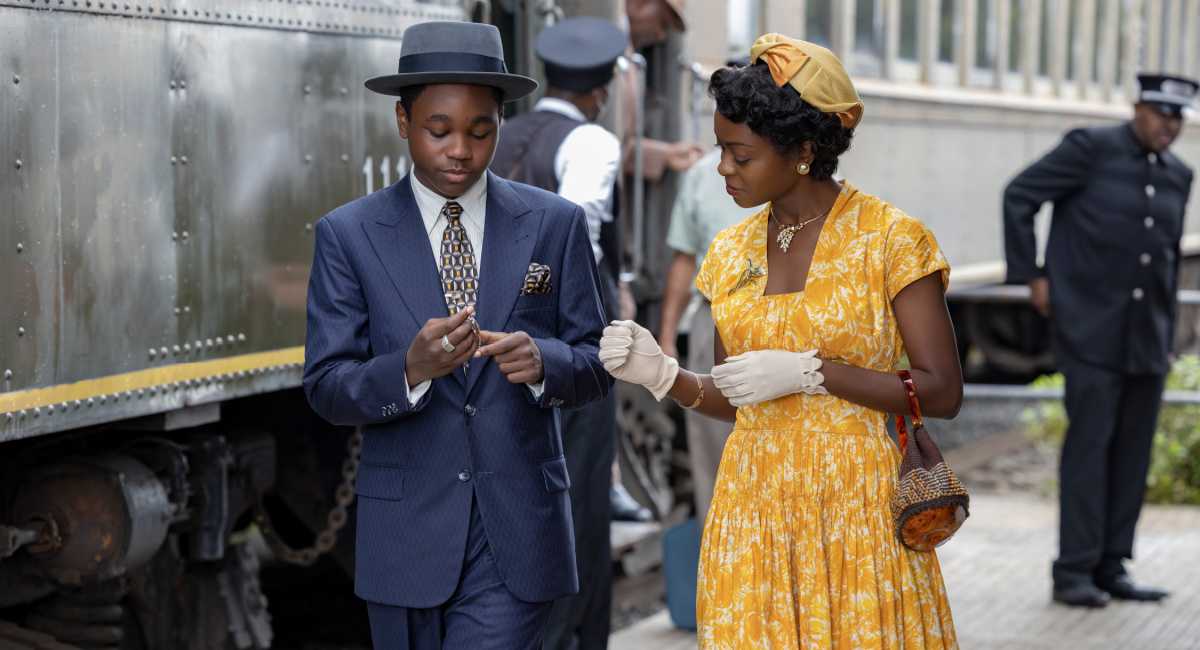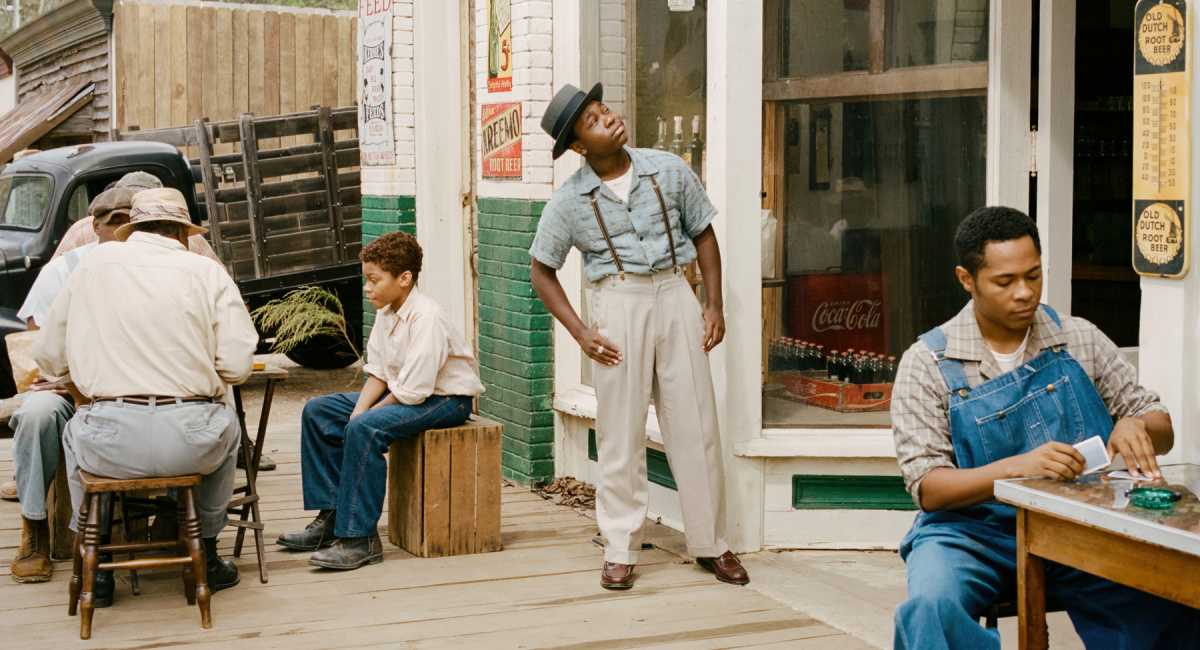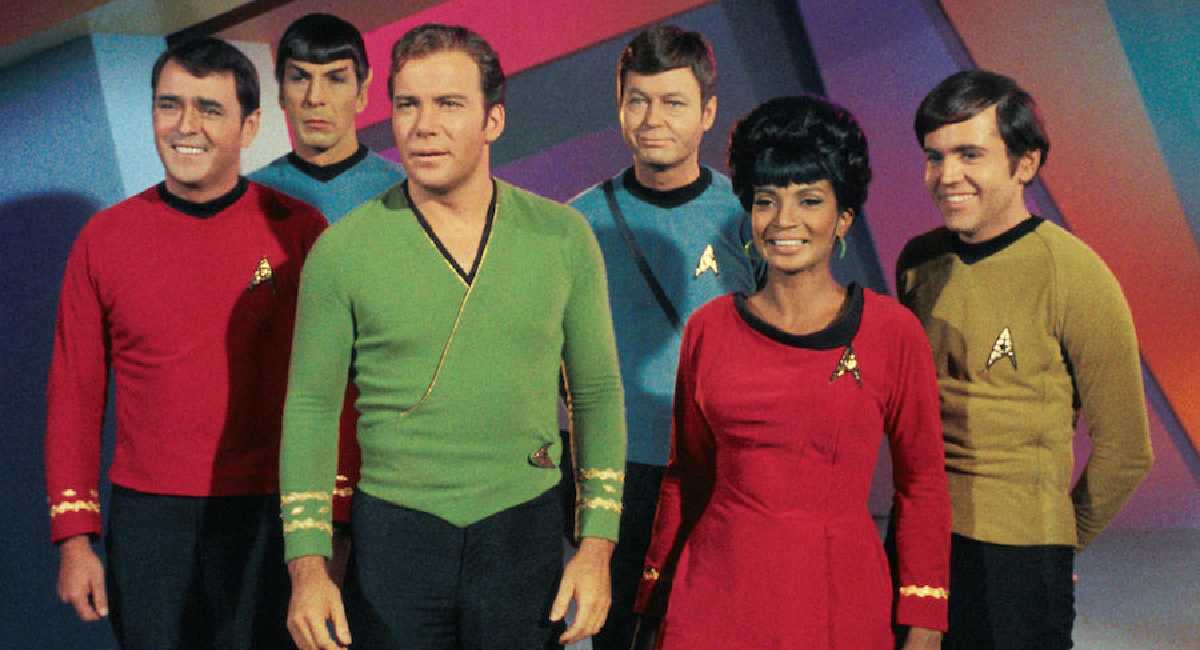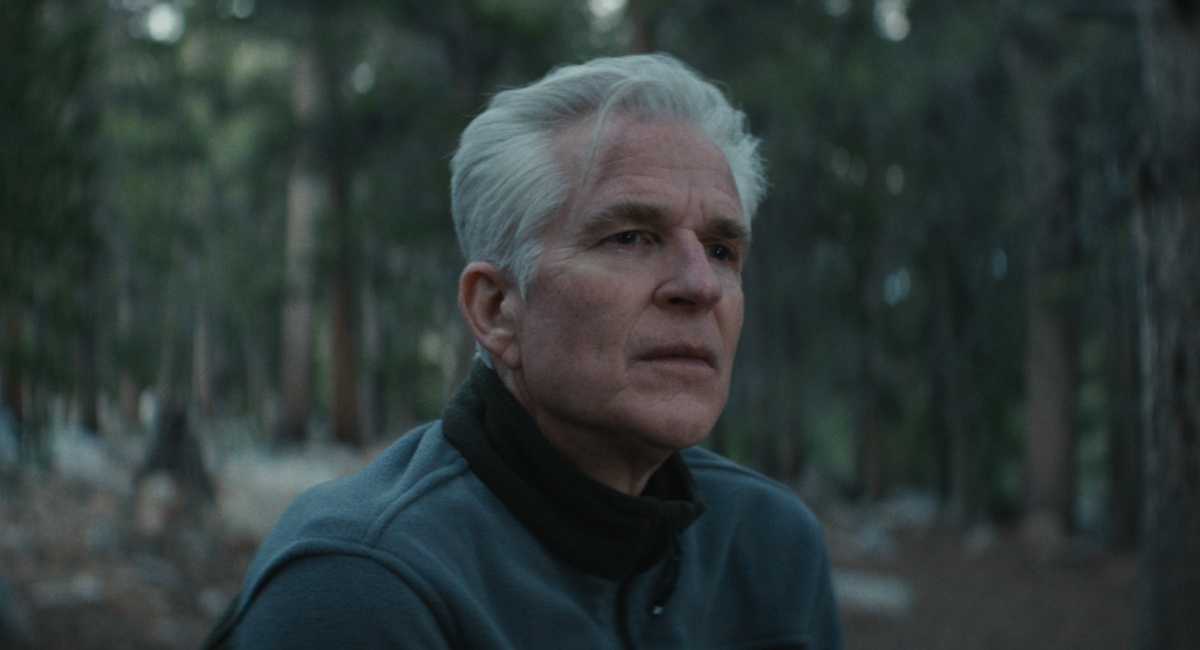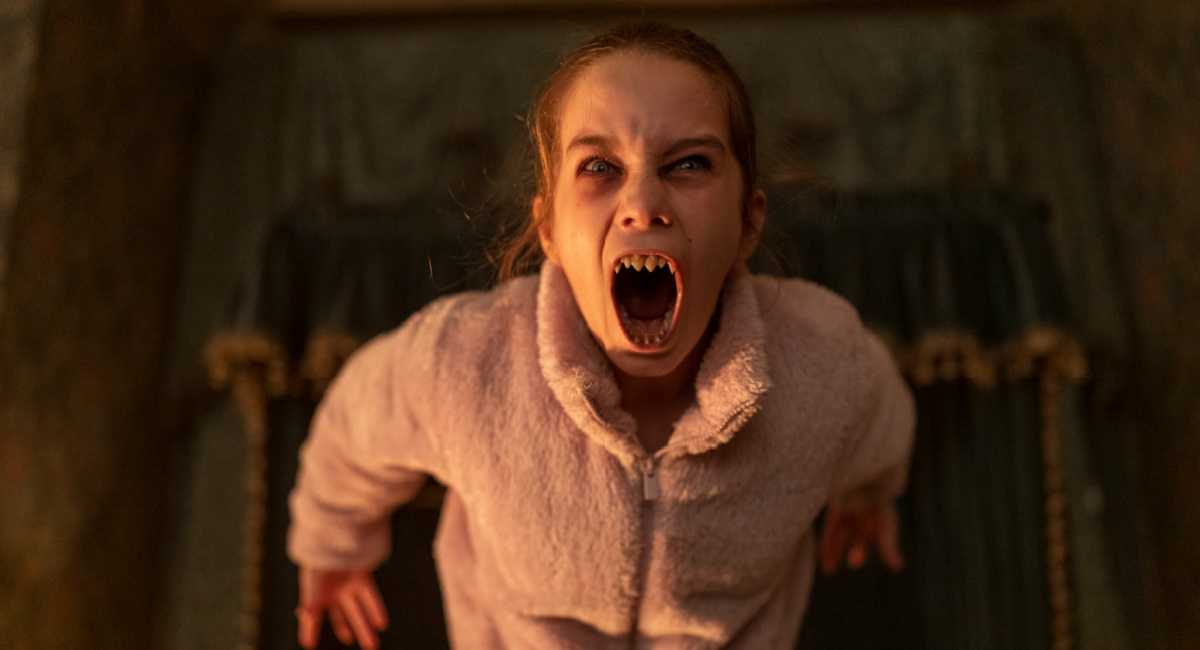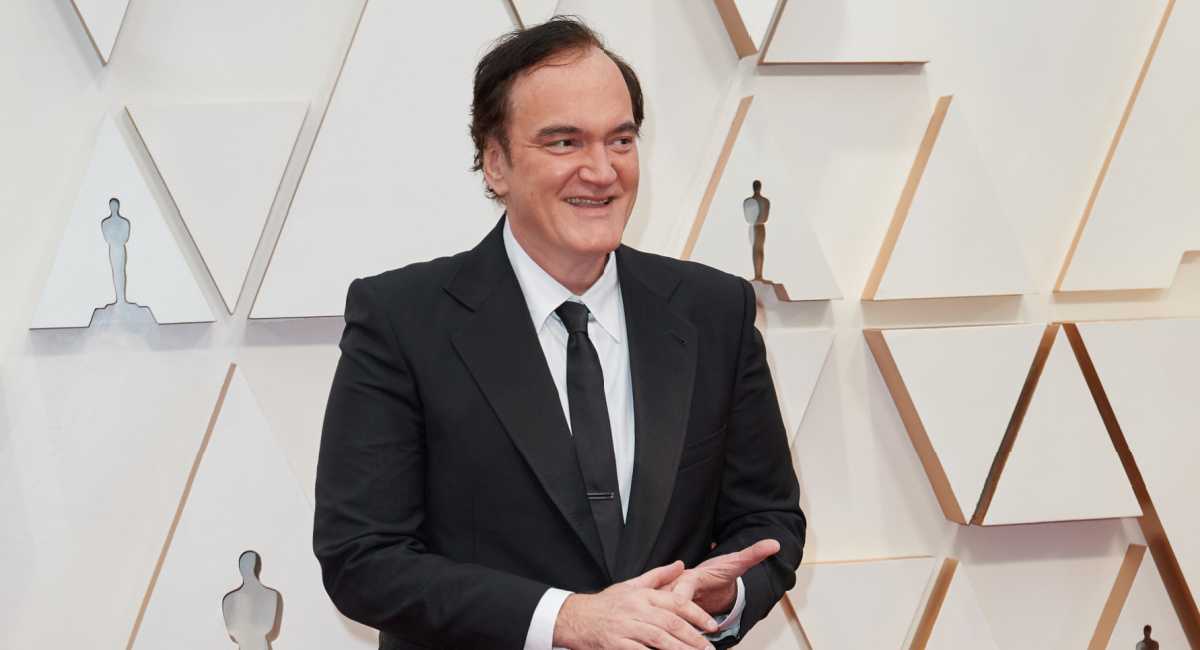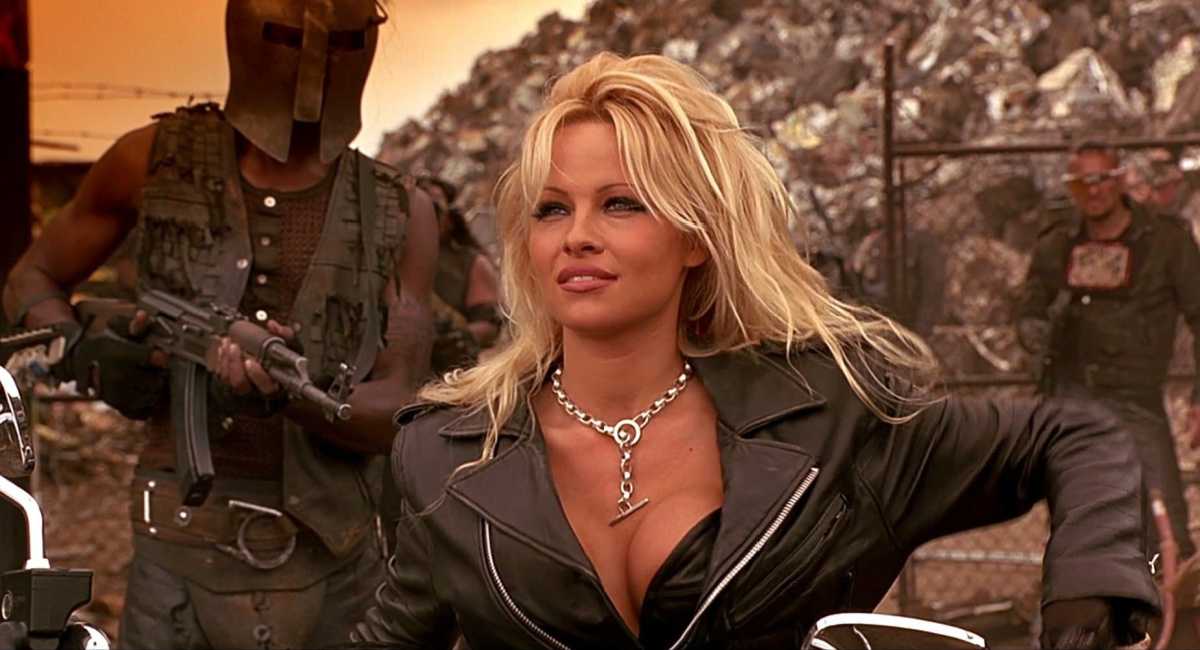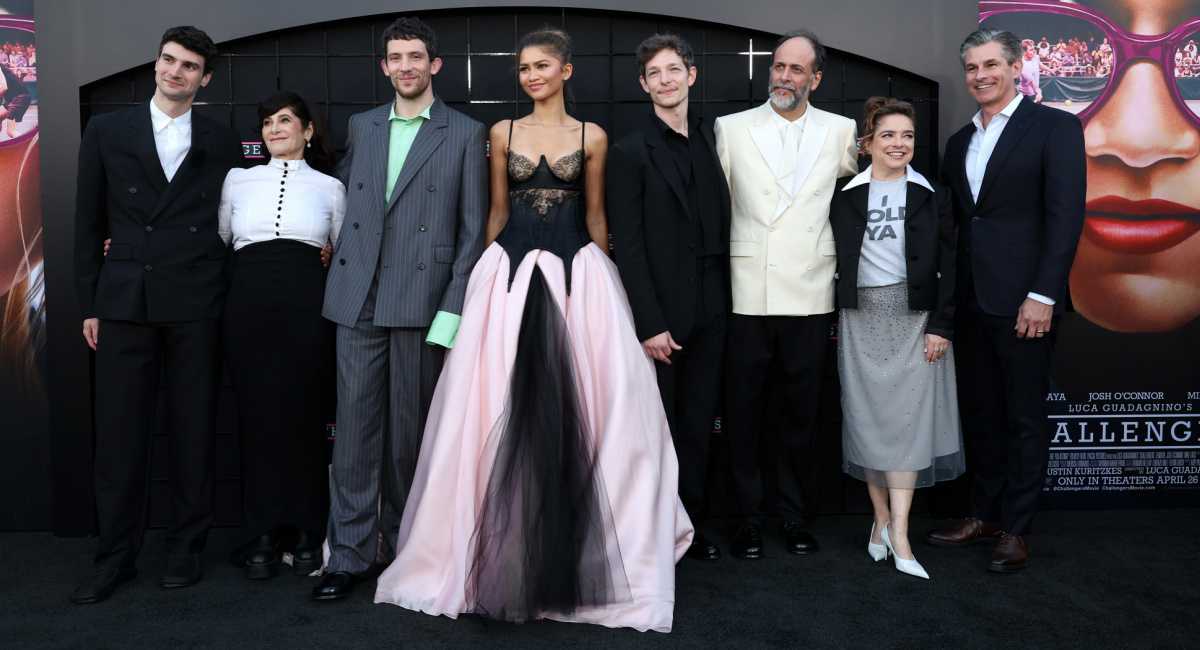22 Things You Never Knew About 'Sister Act'
Before the stage musical version of "Sister Act" opened in London in 2009, Whoopi Goldberg noted how iconic her 1992 film had become, then chuckled that "to put 'Sister Act' and 'icon' in the same sentence seems so ridiculous. But it really is. Everybody and their mama has seen this film."
Indeed, since it opened 25 years ago this week, on May 29, 1992, Goldberg's singing-nun comedy has been inescapable, launching a two-film franchise, a world-touring Broadway musical, and Motown-inspired choral arrangements at churches everywhere.
Despite all that joy and spirit on screen, however, the story behind the film is one of strife, hurt feelings, and litigation. Read on to learn about the hubbub behind the habits.
1. Screenwriter Paul Rudnick said he came up with the idea for "Sister Act" while trying to write something like a drag comedy with a female star and deciding that a nun's habit was close enough to drag for a woman.
2. He and producer Scott Rudin decided that Bette Midler was the ideal choice to play his Terri Van Cartier, a showbiz floozy who flees mobsters and hides in a convent. Soon, Midler and Disney (where she had a production deal) were on board.
3. For research purposes, Rudnick arranged to stay at the Abbey of Regina Laudis in rural Connecticut. He was hoping to meet Mother Dolores Hart, who had famously abandoned Hollywood to become a nun as her career was peaking. (She had co-starred in two Elvis Presley movies and the spring break classic "Where the Boys Are" before taking her vows.) After two days at the abbey, Rudnick had interviewed a couple of nuns and observed their austere lifestyle, but he left without ever meeting Mother Dolores.
4. Meanwhile, Midler developed misgivings about the project and dropped out. "I said, 'My fans don't want to see me in a wimple,'" she recalled in 2010. "I don't know where I got that from. Why would I say such a thing? So Whoopi [Goldberg] did it instead and, of course, she made a fortune. Then she went on and did 'Sister Act 2.'"
5. Goldberg's only condition for accepting the role: that Rudnick change the heroine's first name to Deloris, since she'd always wanted to play a character named Deloris.
6. Rudnick's script underwent many other changes, thanks to months of second-guessing by Disney executives and multiple rewrites by expensive script doctors, including Carrie Fisher,Robert Harling ("Steel Magnolias"), and Nancy Meyers.
7. Over time, Rudnick's bawdy satire became a family-friendly Disney script, and he asked the studio to remove his name from the project. Disney was willing to credit the screenplay to a pseudonym, but the studio balked at Rudnick's suggestions that he be credited as "R. Chasuble" (after the clergyman in "The Importance of Being Earnest") or "Goofy." Eventually, he made up the bland name "Joseph Howard," and that's the name that appears in the credits of both "Sister Act" movies, even though Rudnick had nothing at all to do with the second one.
8. The script still wasn't finished even when filming was well underway. "It put Whoopi and me in a difficult position," Director Emile Ardolino said after the movie was released. "It's problematic to be shooting out of order and then suddenly you come to a scene that hasn't been written yet. What precedes it? What follows it?" The star and the director both complained to the studio, but they still managed to film something every day, Ardolino said.
9. One of Disney's thorniest problems with the project, according to Rudnick, was whom to cast as the detective who is Goldberg's sorta-love-interest. Should he be black or white? Was either choice politically incorrect? Rudnick said one Disney suit thought a brilliant compromise would be the Latino star Edward James Olmos. Ultimately, the role went to a black actor, the aptly named Bill Nunn.
10. Entertainment Tonight" and decided to emulate its famously chirpy anchor, Mary Hart. Najimy said she later sent Hart a bouquet of roses, without telling her why.
11. Wendy Makkena (above, center) also made a splash as Sister Mary Robert, the shy nun who turns out to have a booming singing voice. Alas, that voice isn't Makkena's; it belongs to voice actress Andrea Robinson.
12. In a life-imitates-art instance, Najimy said that, during the Reno part of the shoot, she and Makkena would spend their downtime at the blackjack tables, with their habits on, with drinks and cigarettes in hand, and they'd laugh at the reactions they got from the other gamblers.
13. The movie's convent is supposed to be in a seedy San Francisco neighborhood, but the Noe Valley area of the city where "Sister Act" filmed was actually pretty upscale. Thanks to the magic of the production design crew, the streets were soon marked by decaying storefronts, abandoned cars, and piles of garbage.
14. "Sister Act" earned $140 million at the box office in North America and another $92 million abroad, making it the sixth largest-grossing movie of 1992.
15. After the strain of her squabbles with the studio during production, Goldberg refused to do interviews to promote "Sister Act." But the movie's box office success led Whoopi and Disney to bury the hatchet and agree to make a sequel the following year.
16. For "Sister Act 2," Disney paid her a then-unprecedented $7 million -- an amount equal to the entire budget for the first film -- allowing Goldberg to claim, at least for a short while, to be the highest-paid actress in Hollywood.
17. Dropping out of the project didn't protect Midler from being sued over it, by none other than Elly May Clampett. Yep, "Beverly Hillbillies" star Donna Douglas and partner Curt Wilson sued Midler, Goldberg, Disney, and several other entities for copyright infringement, claiming that "Sister Act" was stolen from "A Nun in the Closet," a book for which Douglas and Wilson's production company had optioned the movie rights.
18. They claimed they had sent the screenplay developed from the book to Midler, Goldberg, and Disney at various times, and that there were more than 100 similarities between their script and "Sister Act." The pair sought $200 million in damages, and when Disney offered them a $1 million settlement, they turned it down. When the case went to trial, the defendants won, and Douglas and Wilson didn't earn a penny.
19. The "Sister Act" stage musical originated in 2006 in Pasadena. Later, it would move to the West End in London, where Goldberg served as a producer and briefly played the Mother Superior. The Goldberg-produced show finally made it to Broadway in 2011, where it ran for more than a year and earned five Tony nominations, including Best Musical.
20. During the Broadway run, there was a second copyright lawsuit filed against, Disney, Rudnick, Rudin, Sony Pictures, Stage Entertainment (the production company behind the Broadway show) and others. This one came from Delois Blakely, a former nun who claimed she was the inspiration for the movies and the stage show. She had written an autobiographical manuscript, "The Harlem Street Nun" (which she finally published as an e-book), which her filing said told the story of the decade she'd spent as a "young, Black, singing nun serving the street people and youths of Harlem."
21. Blakely claimed she'd sent her life story to executives at Tri-Star (a distributor later purchased by Sony), who'd allegedly forwarded it to Rudin, who got the movie made at Disney. She sought $1 billion in damages, but the suit was dismissed, and Blakely went away empty-handed. (In a twist on the "Sister Act" plot, Blakely claimed she'd once offered legendary Harlem crime lord Bumpy Johnson, to whom she dedicated her book, sanctuary from other gangsters by hiding him in her convent. Now, there's a movie.)
22. Goldberg has said she didn't want to make a third "Sister Act" movie because some of the original actresses had passed away. Nonetheless, Disney announced in 2015 plans for a reboot, to be written by "Legally Blonde" screenwriters Kirsten Smith and Karen McCullah. No word on whether Whoopi will participate, but the Lord works in mysterious ways.
Sister Act
A Reno singer witnesses a mob murder and the cops stash her in a nunnery to protect her from the mob's hitmen. The mother superior does not trust her, and takes... Read the Plot

